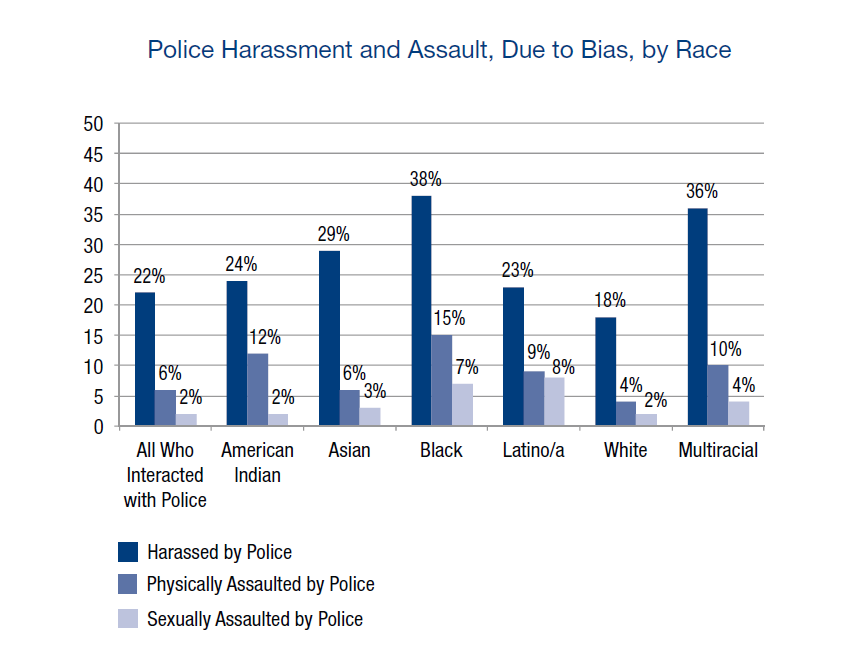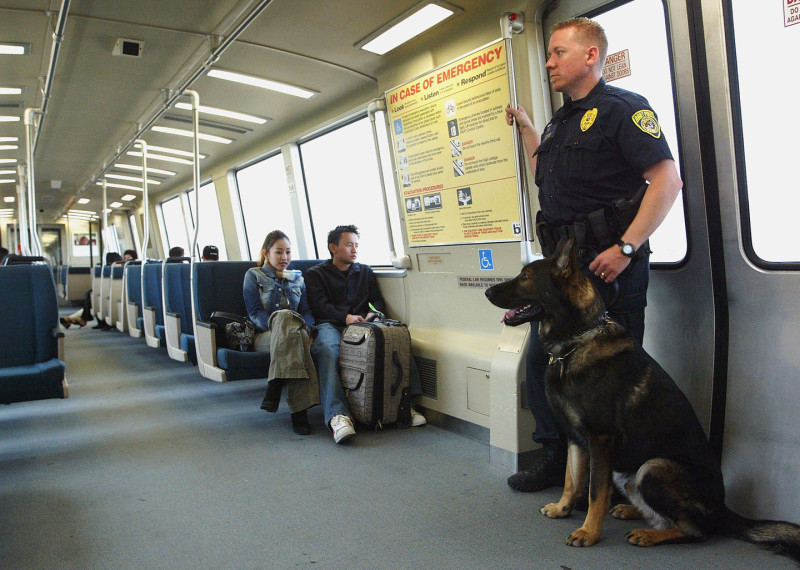A BART police advisory board is considering a new policy that would establish a directive for how the department's 200 officers should interact with transgender people.
The proposed policy, hailed as a great first step by transgender advocates, was to be considered Monday by BART's Citizen Review Board, which makes recommendations to Police Chief Kenton Rainey.
Transgender people, especially trans women of color, are routinely profiled as criminals by police, said Ilona Turner of the Transgender Law Center, which helped craft the policy with the National Center for Transgender Equality.
"Transgender women of color are often assumed by police to be sex workers, and this leads to an overall fear of interaction with law enforcement officers of any kind by many, many transgender people," said Turner.
Turner pointed to the largest national survey of transgender people, released in 2011, which found that 22 percent reported being harassed by police. The rate was highest for African-American trans women: 38 percent reported being harassed by law enforcement. Overall, 44 percent said they were uncomfortable seeking assistance from police.

Turner said the center's legal helpline has definitely heard from transgender people who have had negative experiences with BART police.
